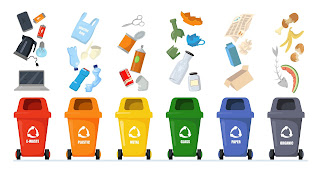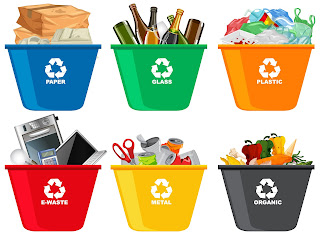Environmental Sustainability: A Responsibility We All Share
The health of our planet is under increasing strain. From rising global temperatures to declining biodiversity, the signs of environmental stress are undeniable. At the heart of the response to these challenges is a powerful concept: environmental sustainability. It offers a roadmap for how we can live, produce, and consume in ways that support the Earth’s ecosystems rather than degrade them.
Environmental sustainability means meeting the needs of the present without compromising the ability of future generations to meet theirs. It’s about finding a balance—between economic development and environmental preservation, between human progress and natural limits. This balance is crucial to ensure long-term planetary health.
One of the key areas where sustainability must be addressed is energy use. The global economy still relies heavily on fossil fuels, which are a major contributor to greenhouse gas emissions. Transitioning to renewable energy sources—such as solar, wind, and hydropower—is essential to reduce our carbon footprint and combat climate change. At the same time, energy efficiency measures, like insulating buildings or upgrading public transportation, play a critical role in making the shift affordable and accessible.
Water conservation is another essential part of sustainability. Freshwater is a finite resource, yet it is often wasted through inefficient irrigation, industrial use, and outdated infrastructure. Sustainable water management ensures that communities have access to clean water while protecting ecosystems that depend on rivers, lakes, and wetlands.
Sustainable land use and agriculture are equally important. Unsustainable farming and deforestation are leading causes of habitat destruction and carbon emissions. Practices such as agroforestry, organic farming, and regenerative agriculture help restore soil health, increase biodiversity, and reduce the environmental impact of food production.
Waste management is a growing concern, particularly in urban areas. Landfills are overflowing with plastics, electronics, and textiles that could otherwise be recycled or reused. A sustainable approach to waste prioritizes reduction at the source, followed by reuse, recycling, and responsible disposal. This not only lessens environmental harm but also creates economic opportunities in the circular economy.
But environmental sustainability isn’t just a matter of government policy or scientific innovation. It’s something individuals can influence every day. Choosing products made from recycled materials, reducing meat consumption, conserving electricity, and supporting local businesses with green practices all contribute to a more sustainable world.
More businesses are recognizing this shift in values. They’re moving beyond traditional corporate responsibility and embedding sustainability into their business models. Whether it's reducing packaging, sourcing materials ethically, or measuring emissions, companies are being held accountable for their environmental impact.
One example of such forward-thinking is SwagCycle, a company that helps organizations manage their branded merchandise sustainably. Rather than sending surplus promotional products to landfills, SwagCycle works with businesses to upcycle, donate, or responsibly recycle these items. Their model not only helps reduce waste but also aligns with growing consumer demand for brands that prioritize environmental sustainability in their operations.
Environmental sustainability isn’t just a trend—it’s a necessity. Through innovation, responsibility, and collaboration, we can all play a role in protecting our planet and ensuring a thriving future.





Comments
Post a Comment